Facebook’s ‘I voted’ button comes to Switzerland
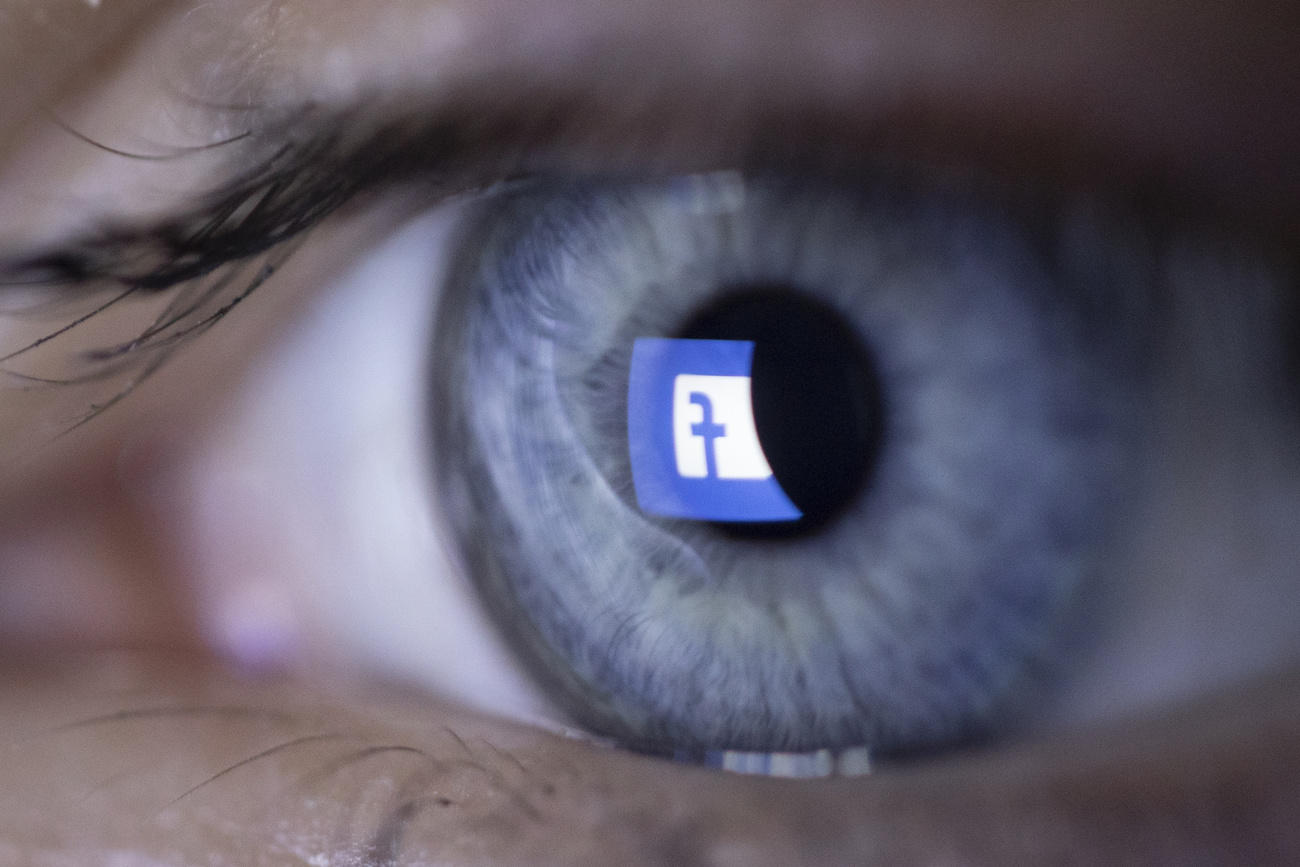
Latest updates: Live polls, projections and analysis
For the first time in a Swiss parliamentary election, voters will be able to click a button on Facebook saying they have voted. Is this simply an attempt to increase turnout or something more sinister?
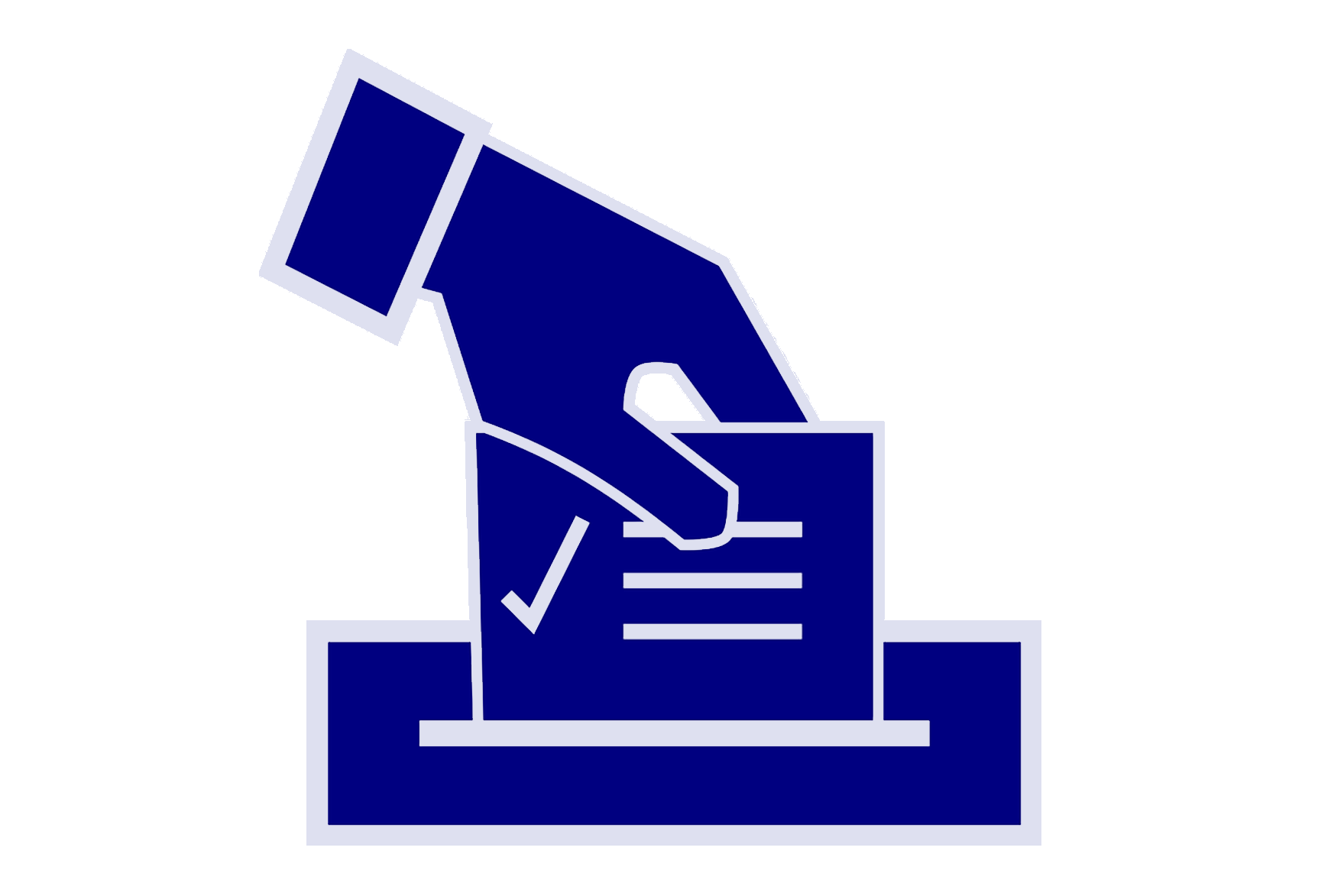
“Today is election day!” or something similar will encourage Facebook users in Switzerland to head to the polls on Sunday, the Berner Zeitungreported earlier this monthExternal link. Users of the California-based social network will also be able to click on a little button saying they have voted, which can then be seen on their account. This was confirmed by a Facebook spokesman.
In the US the button was first used in 2008. Outside the US it has been used in elections and referendums including the Scottish independence referendum in 2014, the Brexit referendum in 2016 and the US presidential election in 2016 that saw Donald Trump beat Hillary Clinton.
An estimated 3.8 million Swiss people are active on Facebook every month and 2.9 million every day. Of these, around one million are aged 20-30.
“Democracy lives from civic participation,” the spokesman told the Berner Zeitung. “That’s why we’re reminding people in their Facebook news feed to go and vote.”
This “improve the world” argument was echoed by Elizabeth Linder, who worked at Facebook from 2008 to 2016 and who built up the company’s global politics and government outreach department. In an interview with Zurich’s Tages-AnzeigerExternal link in April 2018, Linder says the argument she used to convince Facebook to extend use of the button globally “was the whole thing about the button really having an impact on voter participation in America, and how we could achieve the same impact internationally”.
The button wasn’t a business scheme, she said. “You can’t make money with it.”
Jürg Tschirren, digital editor of Swiss public radio, SRF, believes it’s just “image management”External link on the part of Facebook, which, he says, wants to present itself as a pillar of civil society and to remind citizens of their civic duty. “Facebook can do this like no other medium in Switzerland,” he says.
The Berner Zeitung says the button will appear to all Facebook users in Switzerland aged 18 and over – as well as foreigners, who can’t vote. It’s not clear when exactly the button will appear, but in recent elections in Austria it appeared the evening before the vote.
“The influence of close friends raises participation,” concluded researchers who ran an experiment involving 61 million Facebook users, one of the largest social science experiments ever.
The results of the studyExternal link were published in September 2012 in the journal Nature. “About 340,000 extra people turned out to vote in the 2010 US congressional elections because of a single election-day Facebook message,” they wrote.
The researchers estimate that the message directly increased turnout by about 60,000 votes. “But a further 280,000 people were indirectly nudged to the polls by seeing messages in their news feeds, for example, telling them that their friends had clicked the ‘I voted’ button.”
One concern is whether Facebook can distort election results by increasing voter participation among only a certain group of voters – namely, Facebook users.
“The Facebook audience is younger, more female and more multicultural than the average voter,” campaign specialist Daniel Graf told the Berner Zeitung. “And more distant from the media. Facebook therefore reaches people who spurn traditional media such as newspapers, television, posters and flyers.”
Graf also pointed out that it’s unclear what will happen to the data. “Does Facebook sell voters’ data? Is a record being kept of who’s a voter, i.e. a Swiss citizen?”
Hugo Wyler, spokesman for the Federal Data Protection and Information CommissionerExternal link, says the “I voted” button is “not illegitimate per se, but we have no knowledge of how the company actually processes this data”.
Political scientist Louis Perron sees benefits and risks. “All studies show that voter turnout increases slightly as a result of the Facebook campaign – that’s a good thing,” he told the Berner Zeitung. The risk, he said, is that you’re telling Facebook how you behave.
“Data today is worth as much as oil and gold combined,” he added. “Not for nothing is the ‘free medium’ of Facebook worth several hundred billion dollars. Anyway, no one is forced to press the button.”
“The responsible federal offices are closely monitoring the situation regarding information and opinion-forming both at home and abroad,” Urs Bruderer, spokesman at the Federal Chancellery, told the Berner Zeitung. “In principle there’s no problem with private campaigns which aim for example to increase voter turnout.”
Bruderer confirmed that two meetings had taken place between Facebook and the federal authorities in June.
However, Adrian Lobsiger, the federal data protection and information commissioner, told Swiss online news magazine RepublikExternal link in May 2018 that too much of his workload was currently linked to Facebook. “There are some digital data processing instruments that could be used for the purpose of influencing voting behaviour,” he said.
Voters need to know about them, he told the website, and politicians need to be made aware of them.
This video, co-produced by Talking PoliticsExternal link from the politics department at the University of Cambridge, explains how Facebook influences political elections:

In compliance with the JTI standards
More: SWI swissinfo.ch certified by the Journalism Trust Initiative





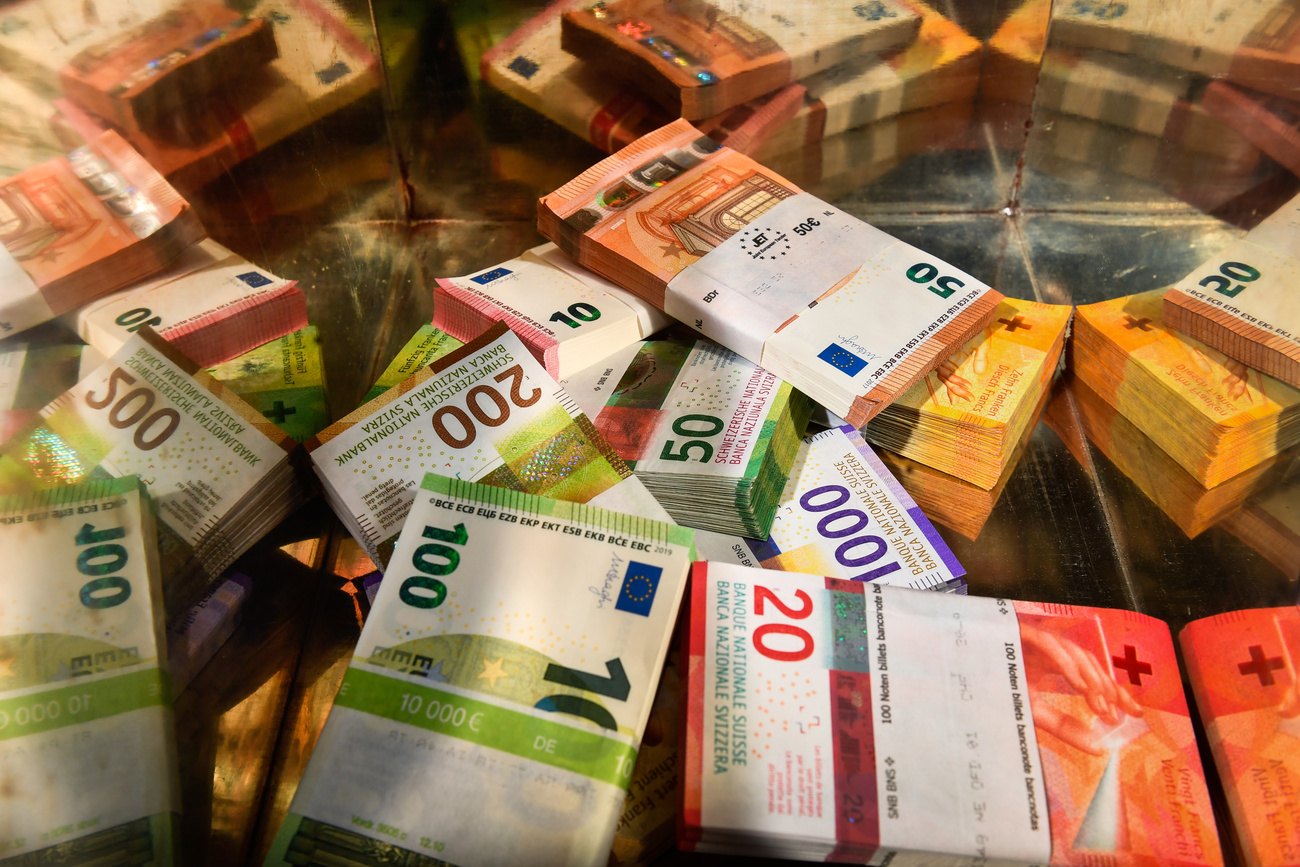



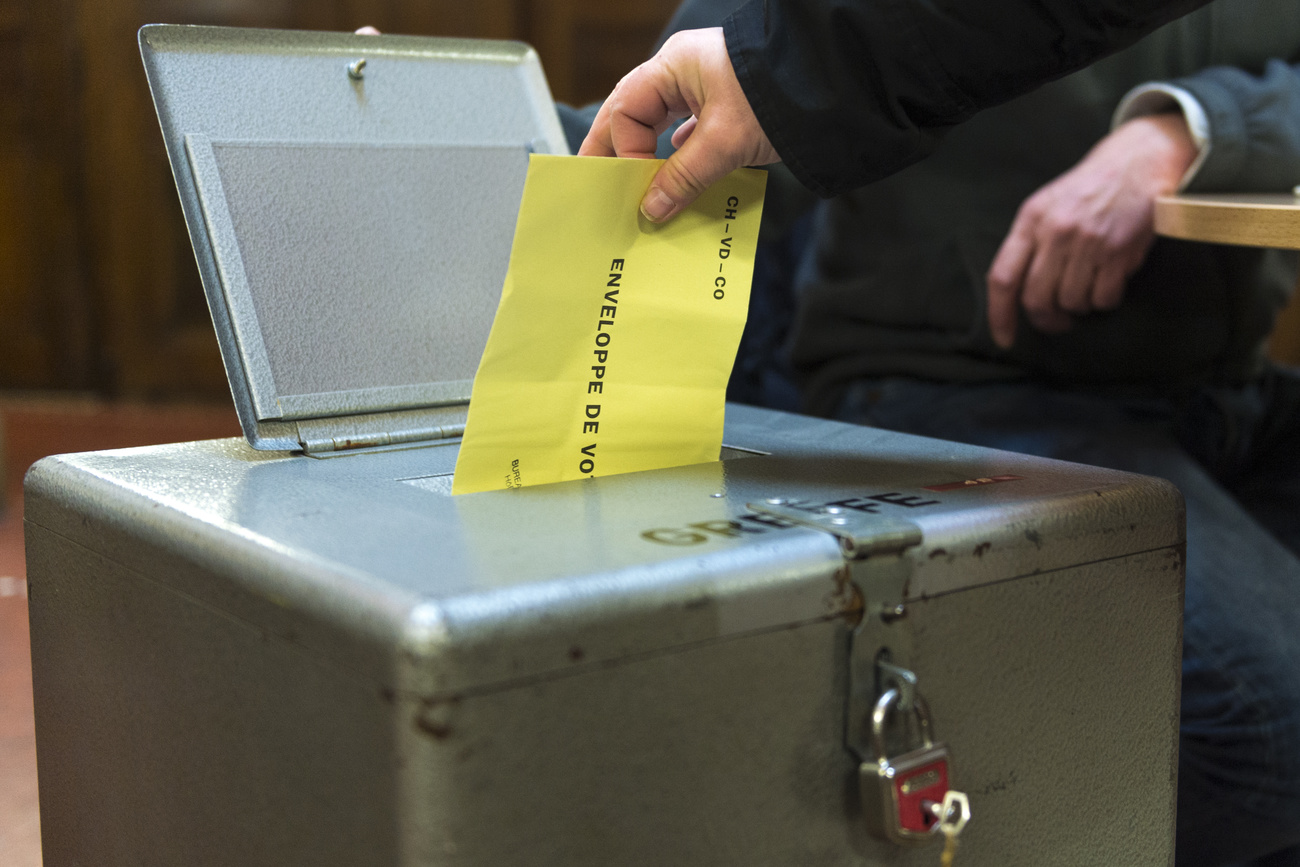
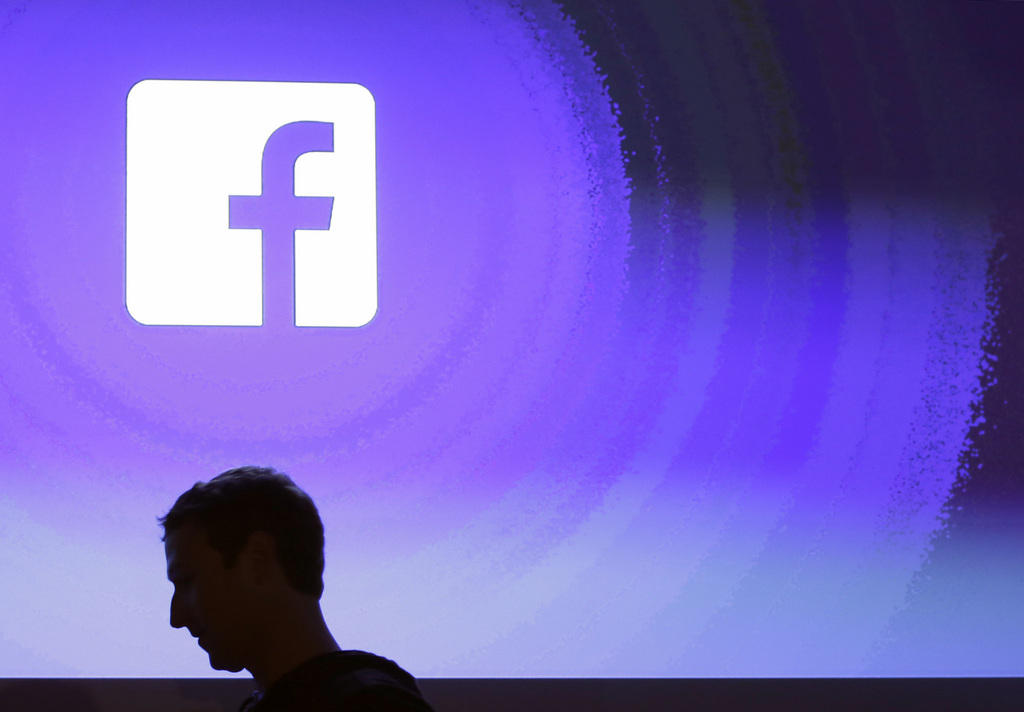
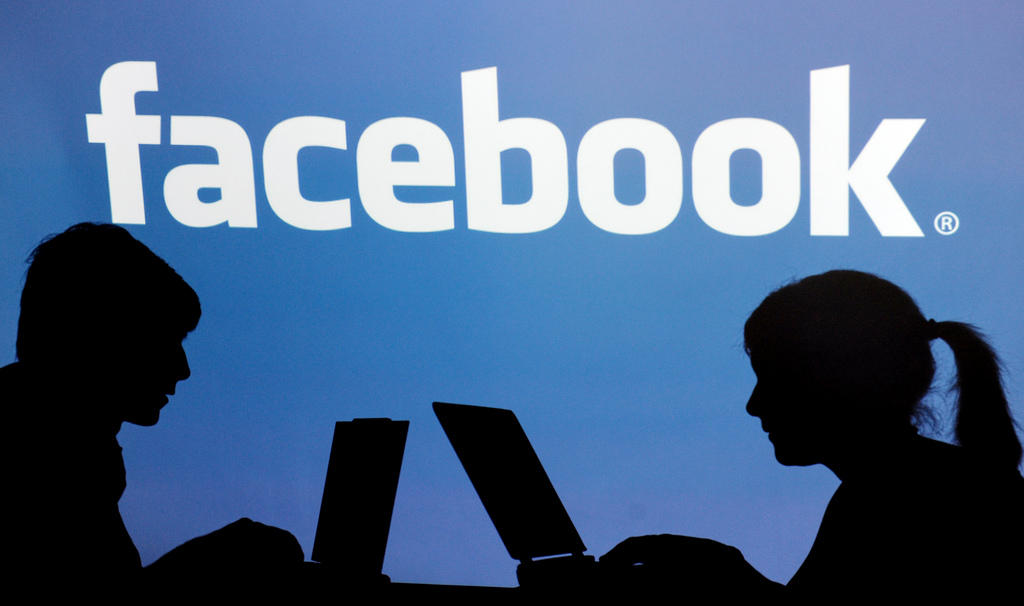
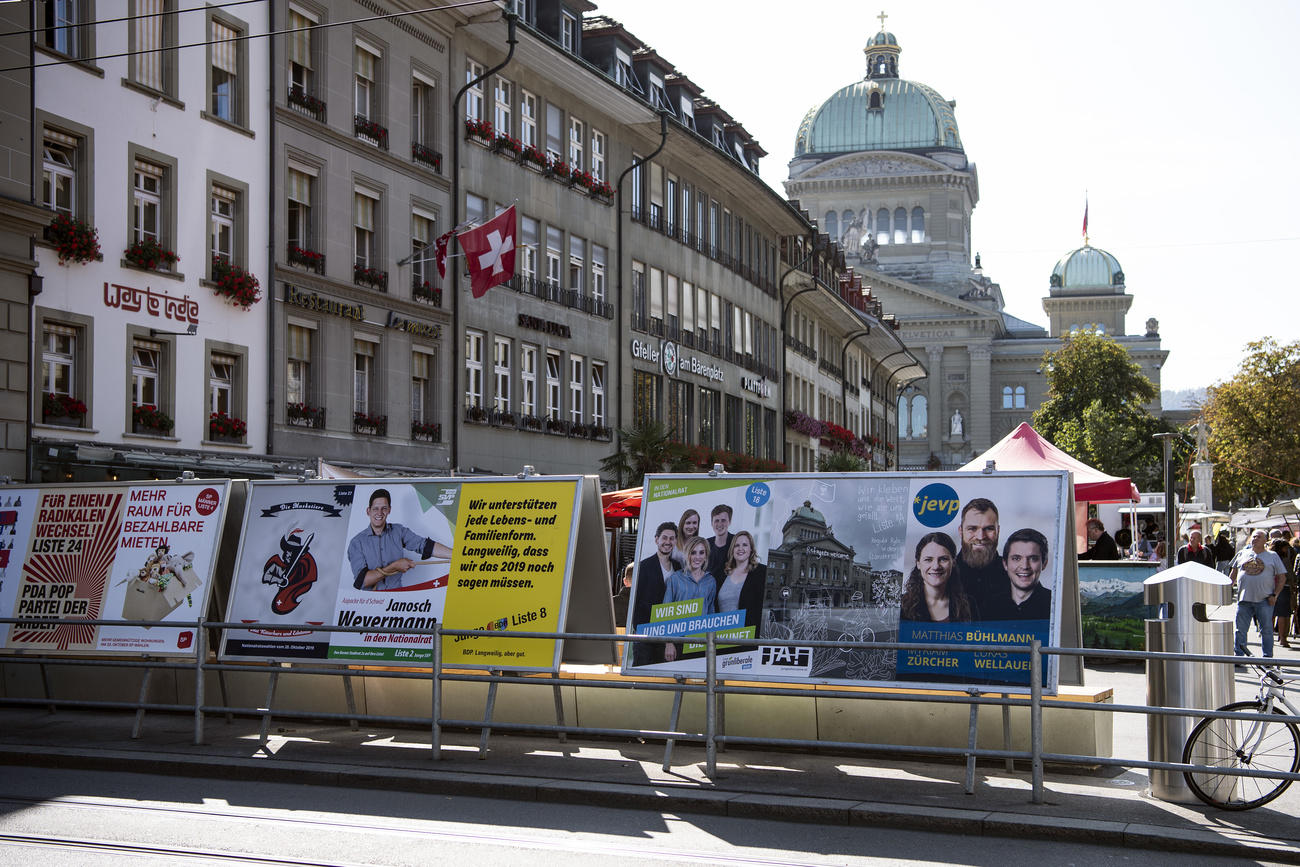
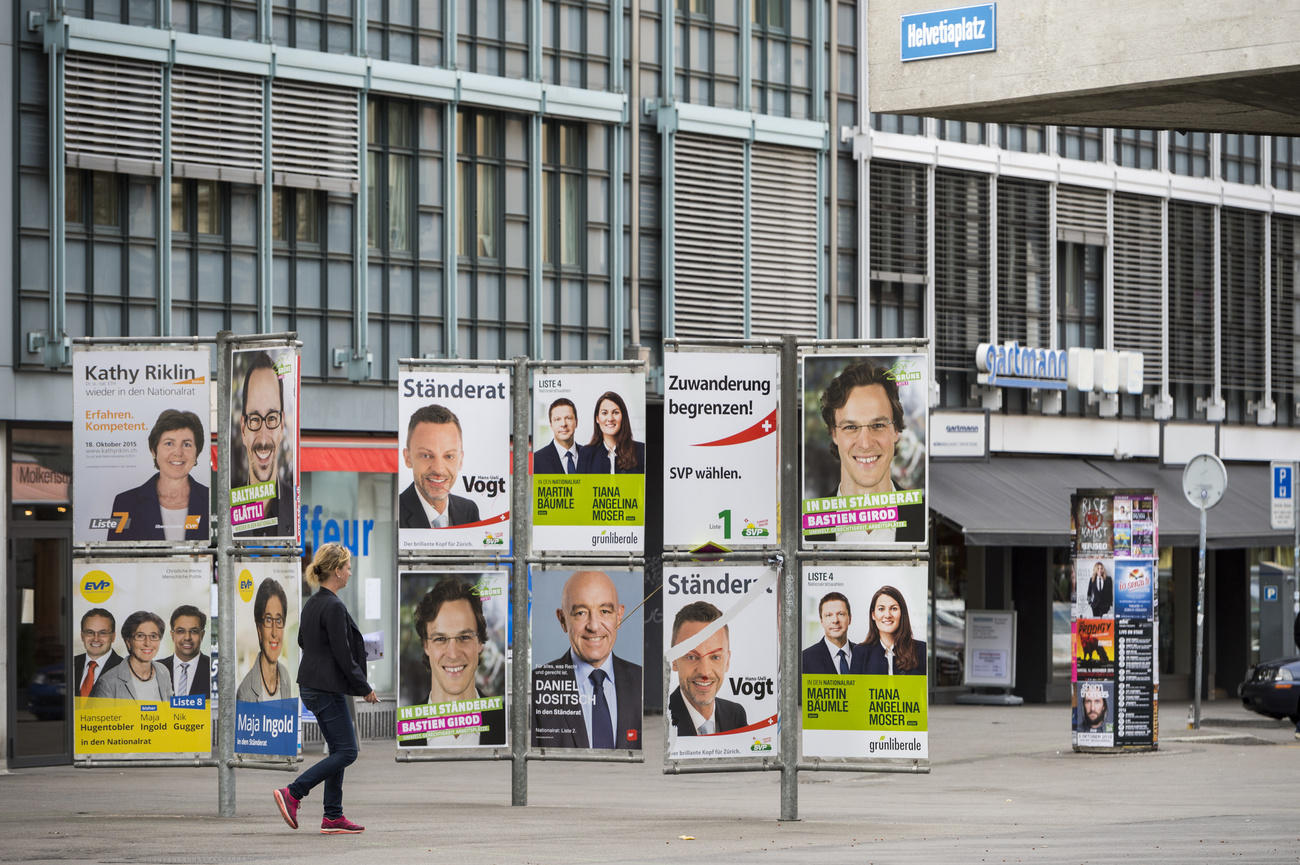

You can find an overview of ongoing debates with our journalists here . Please join us!
If you want to start a conversation about a topic raised in this article or want to report factual errors, email us at english@swissinfo.ch.